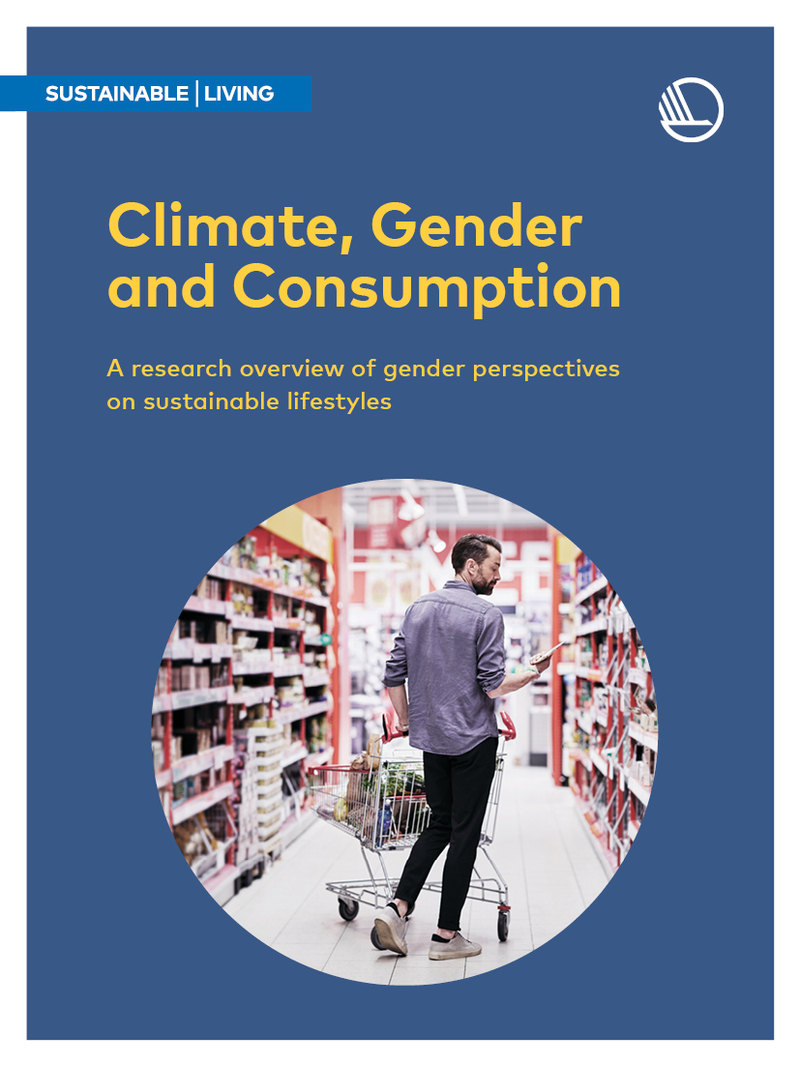
Sustainable Consumption – A matter of gender norms
Travel, shop, and eat like a woman to reduce climate emissions!
Women are more engaged in climate issues than men – and usually have a smaller carbon footprint, according to several research reports.
In a new Nordic research overview from the University of Gothenburg, the conclusion is expressed differently:
Individuals who take greater responsibility for care work – regardless of sex – tend to be more engaged in sustainability and climate issues.
Being climate friendly has of course nothing to do with sex as a statistical variable per se, but is linked to gender norms about what women and men should be interested in and work with.
This different approach opens the door to change, and change is what’s needed if we’re to achieve our climate goals.
We need to reduce our overconsumption, eat less meat, and travel more sustainably.
According to the UN climate panel IPCCC, such lifestyle changes can reduce global emissions between 40 and 70 percent by 2050, as long as the necessary policies, infrastructure, and technology are in place. The greatest potential lies in regions such as the Nordic Region, where overconsumption is a major issue.
The research overview shows that men as a group have a greater carbon footprint than women, especially when it comes to food consumption and transport.
The same gender norms that, for example, make women primarily responsible for unpaid care work at home have consequences for individuals’ carbon footprint and impact on the climate.
Promoting men’s responsibility and care for the home, children, and the elderly would likely have an effect on their carbon footprint!
Learn more in the research overview below, to solve the climate crisis quicker!
“Individuals who take a greater responsibility for care work, regardless of sex, tend to be more engaged in sustainability and climate issues.”
